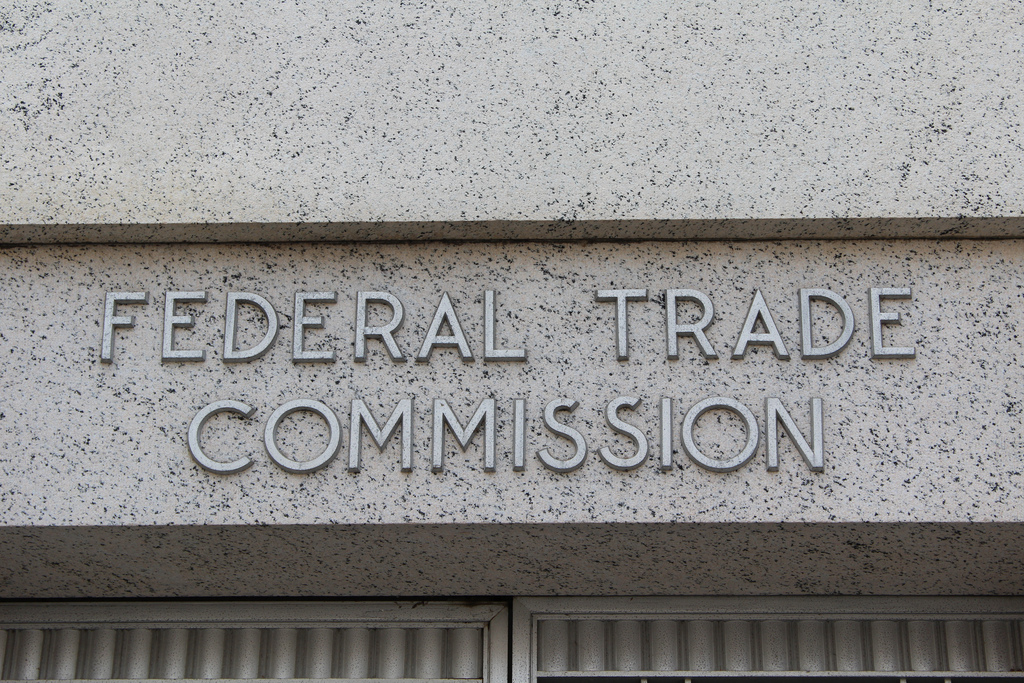 POLICY
POLICY
 POLICY
POLICY
 POLICY
POLICY
Amid a clamor in some quarters that technology giants are getting too big and powerful, the U.S. government is stepping up its efforts to regulate tech companies.
On Tuesday, the Federal Trade Commission announced the creation of a new task force that will be dedicated exclusively to monitoring the technology sector. The group’s mandate is to watch the market for signs of potential anticompetitive conduct and perform investigations. It will also be empowered to take enforcement action when a company is found to violate antitrust laws.
“Technology markets, which are rapidly evolving and touch so many other sectors of the economy, raise distinct challenges for antitrust enforcement,” Bruce Hoffman, the director of the FTC’s competition bureau, said in a statement. “By centralizing our expertise and attention, the new task force will be able to focus on these markets exclusively – ensuring they are operating pursuant to the antitrust laws, and taking action where they are not.”
According to the FTC, one of the activities the task force will perform as part of this work is reviewing mergers and acquisitions to determine if they might harm competition. The group will assess not only new deals but also past transactions.
This second point means regulators might theoretically reverse acquisitions that have closed years ago. It’s a development with potentially serious implications in an industry where the major players rely heavily on acquisitions as part of their growth strategies.
According to the FTC, the task force will include 17 lawyers recruited from existing departments. They’ll work in cooperation with staffers from the agency’s Bureau of Economics and a technology fellow, a tech expert who will be assigned to the group to provide advice on technical subjects.
The establishment of the unit comes as some individual U.S. states are also taking on a bigger role in regulating tech companies. California last year passed its own set of data privacy rules, while Washington is currently considering similar legislation.
The tech industry is facing growing scrutiny abroad as well, particularly in the European Union. The EU recently put forth draft legislation that seeks to impose a raft of new rules on online platform operators such as Amazon.com and Google LLC. If approved by member states, the law would expand upon the already strict privacy requirements in the General Data Protection Regulation that the union implemented last May.
Support our mission to keep content open and free by engaging with theCUBE community. Join theCUBE’s Alumni Trust Network, where technology leaders connect, share intelligence and create opportunities.
Founded by tech visionaries John Furrier and Dave Vellante, SiliconANGLE Media has built a dynamic ecosystem of industry-leading digital media brands that reach 15+ million elite tech professionals. Our new proprietary theCUBE AI Video Cloud is breaking ground in audience interaction, leveraging theCUBEai.com neural network to help technology companies make data-driven decisions and stay at the forefront of industry conversations.